Every home is different, and every family has different needs. But there are some items that every basement should have, no matter what your specific circumstances are. In this blog post, we will explore the 10 items you should always have in your basement. From emergency supplies to tools and everything in between, read on to learn more about what you should keep in your basement to be prepared for anything.
A first-aid kit
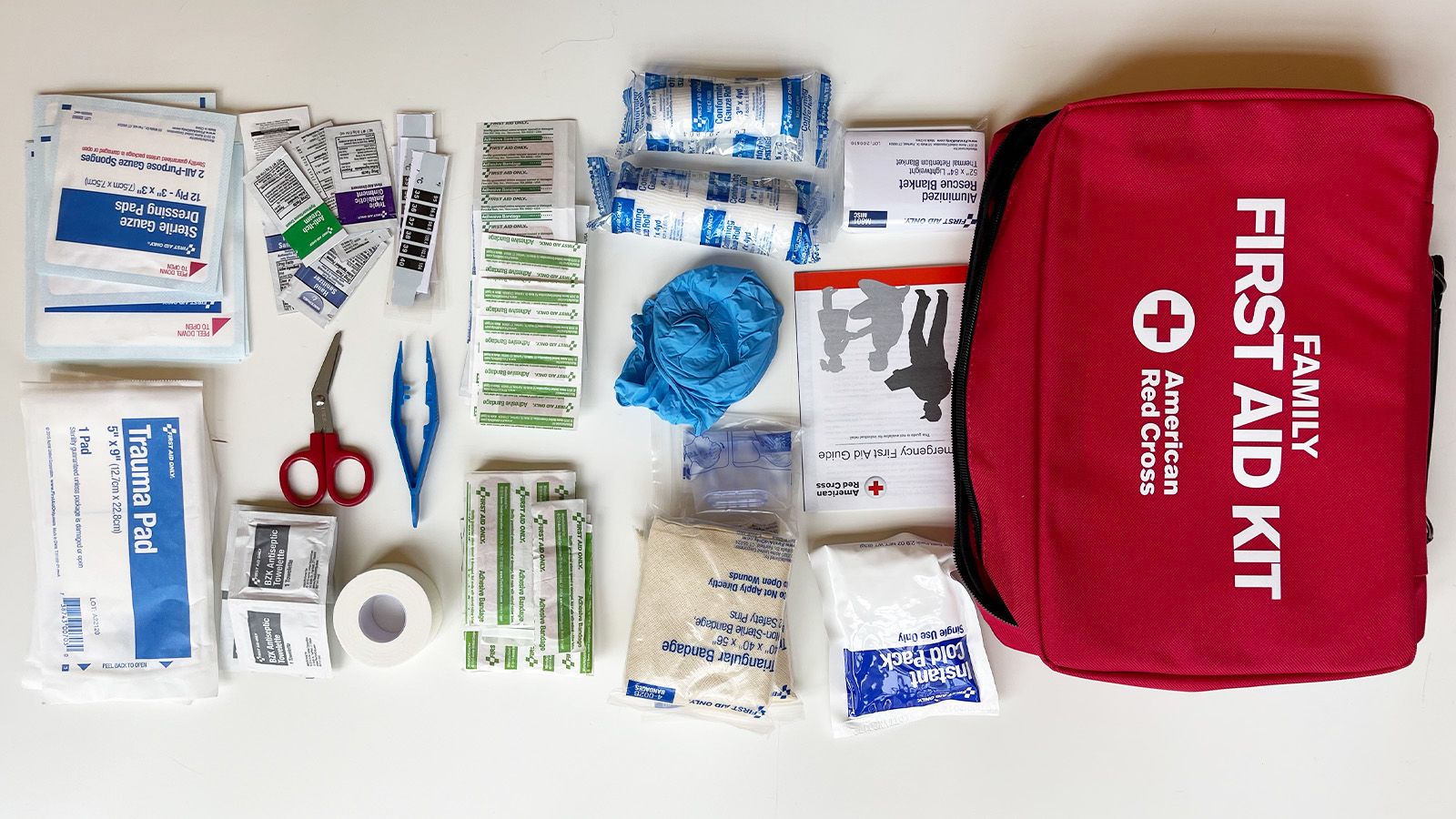
No matter what time of year it is, a well-stocked first-aid kit is a must for every home. You never know when an accident will happen, and it’s always better to be prepared. Here are the items you should always have in your basement first-aid kit:
Bandages: Assorted sizes of adhesive bandages and gauze pads are essential for covering wounds.
Antiseptic wipes: These are great for cleaning cuts and scrapes before applying a bandage.
Antibiotic ointment: This can help prevent infection in minor cuts and scrapes.
pain reliever: Acetaminophen or ibuprofen can help relieve pain from minor injuries.
Tweezers: These can be useful for removing splinters or ticks.
Scissors: A good pair of scissors can come in handy for cutting bandages or gauze.
Thermometer: A digital thermometer is helpful for checking for fevers.
With these items, you’ll be able to handle most minor injuries that occur in your home. Be sure to check expiration dates on medications and replace items as needed.
A fire extinguisher
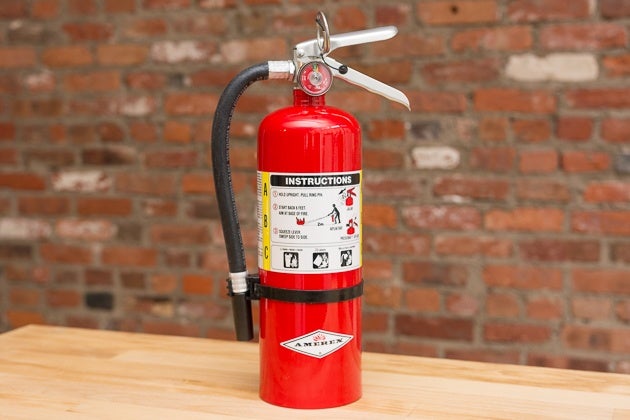
A fire extinguisher should be one of the first things you purchase for your home. They are relatively inexpensive and could save your life in the event of a fire.
When choosing a fire extinguisher, you should select one that is appropriate for the type of fires that are most likely to occur in your home. For example, if you have a lot of electrical equipment, you should choose an extinguisher that is rated for Class C fires.
It is also important to make sure that your fire extinguisher is easily accessible. You don’t want to have to search for it in the event of a fire. The best place to store it is near the exit so you can grab it on your way out.
A battery-operated or hand-cranked radio
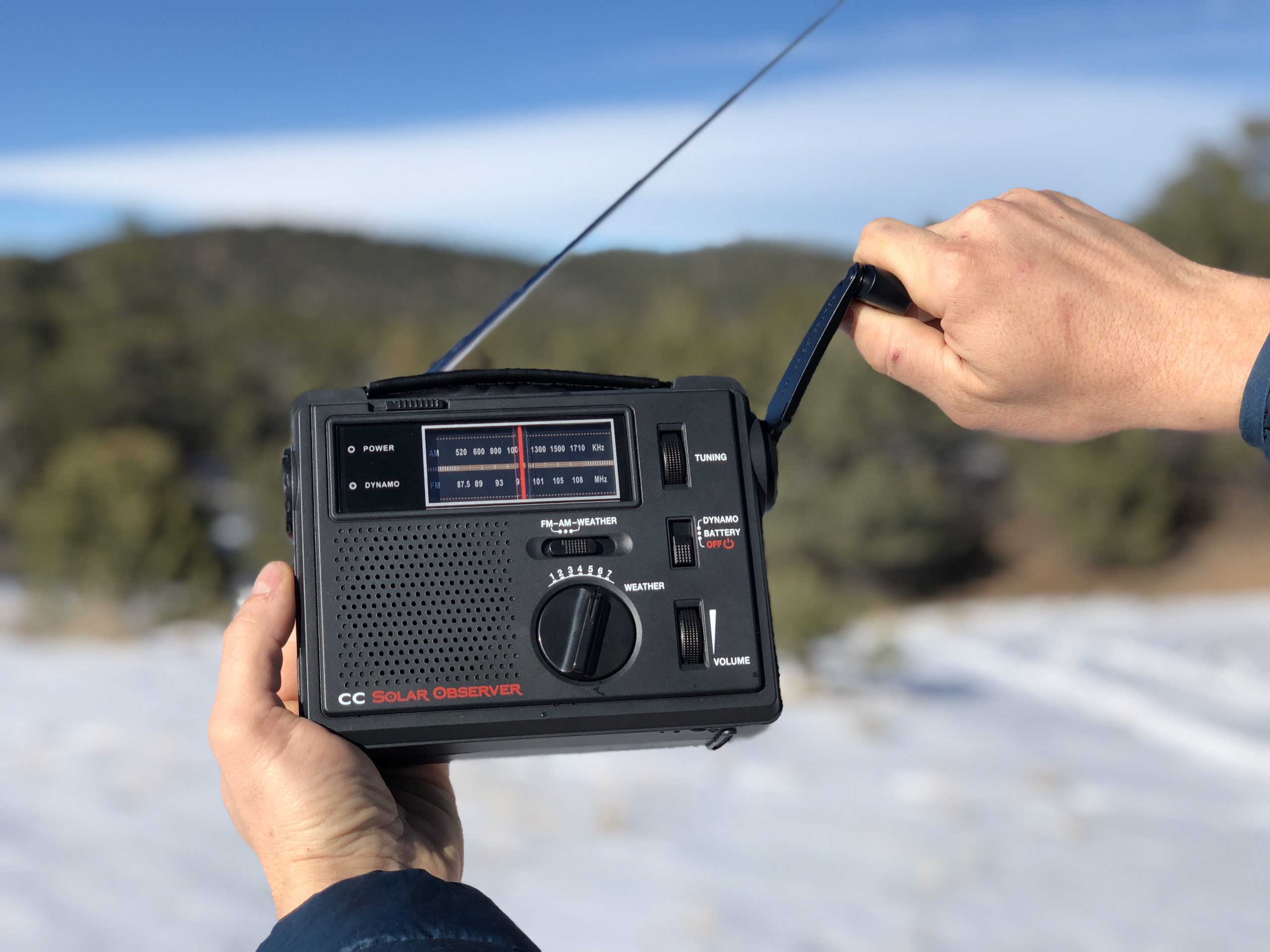
A battery-operated or hand-cranked radio is one of the most important items to have in your basement. This will allow you to stay informed in the event of a power outage or other emergency. Make sure to choose a model that can receive both AM and FM signals, as well as one that has a NOAA weather radio function.
A flashlight
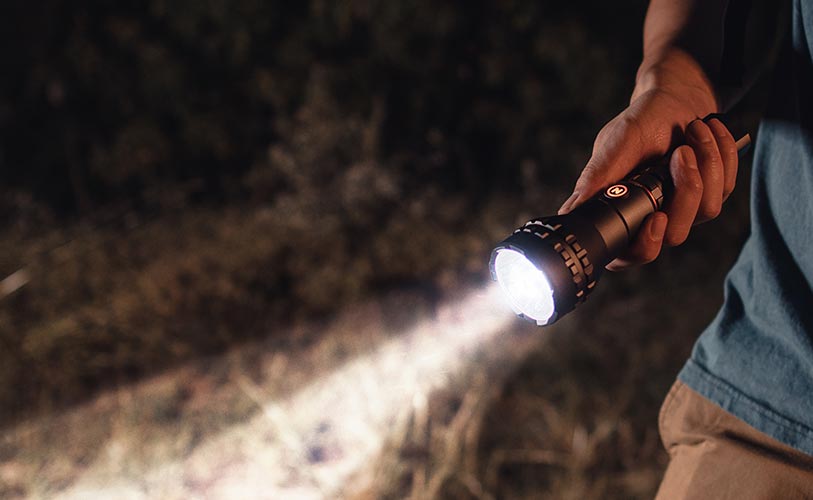
1. A flashlight is an essential item to have in your basement. Not only will it help you see in the dark, but it can also be used to signal for help if you are ever stuck in your basement during a power outage.
2. Always make sure to keep a extra set of batteries on hand as well. This way you can be sure that your flashlight will always be ready to go when you need it.
3. In addition to a flashlight, another good idea is to keep a lantern in your basement. This can provide additional light during a power outage and can also be used as a decoration when entertaining guests in your basement.
A supply of batteries
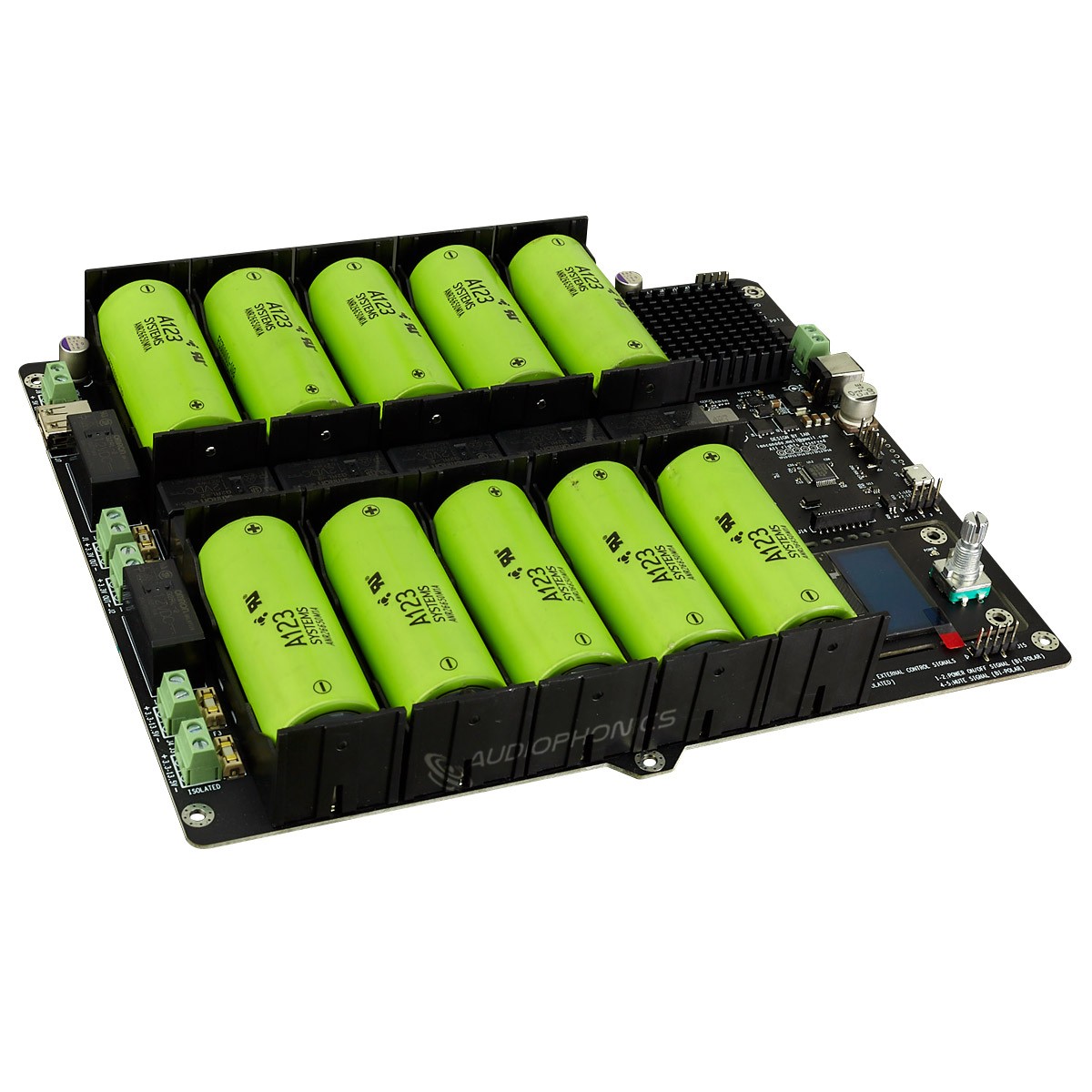
You should always have a supply of batteries in your basement. Batteries are an essential part of any emergency kit, and can be used to power flashlights, radios, and other devices in the event of a power outage.
While you may not need to use them often, it’s important to have fresh batteries on hand so that they’re ready to go when you need them. A good rule of thumb is to keep a supply of AA and AAA batteries in your basement, as well as some 9-volt batteries for smoke detectors.
An emergency ladder
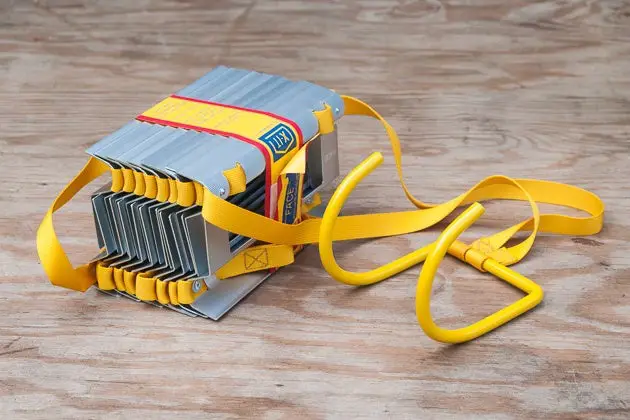
If you live in a multi-story home, then you should always have an emergency ladder in your basement. This will come in handy if there is ever a fire or other emergency that prevents you from using the stairs.
An emergency ladder should be easy to set up and use, so make sure to choose one that is durable and reliable. You may also want to consider getting a ladder that is specifically designed for basement windows, as these can be difficult to open from the inside.
A supply of non-perishable food and water

If you live in an area that is prone to hurricanes, tornadoes, or other natural disasters, it’s important to have a supply of non-perishable food and water in your basement. That way, if you’re ever stranded in your home during a storm, you’ll have something to eat and drink.
There are a few things to keep in mind when stocking your basement with food and water. First, choose items that have a long shelf life and won’t go bad quickly. Canned goods, dried fruits and vegetables, peanut butter, and jerky are all good options. Secondly, make sure to have enough water for everyone in your household. A good rule of thumb is to have one gallon per person, per day. And finally, don’t forget to pack a manual can opener!
A gas or propane shut-off wrench
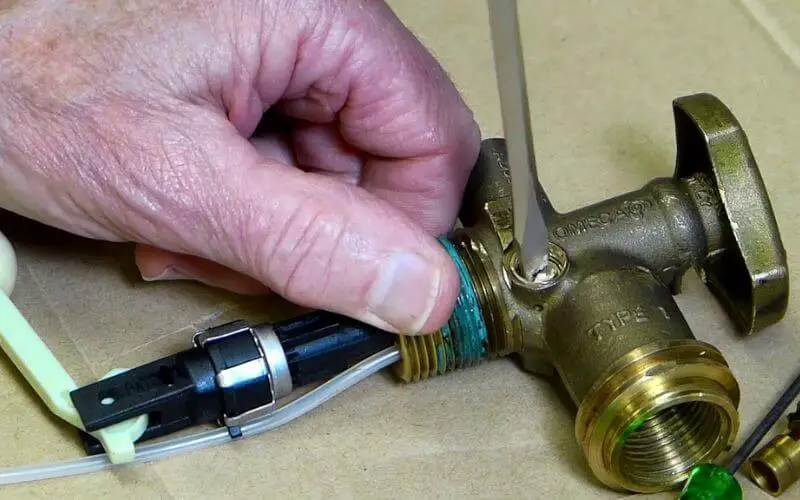
If you have a gas or propane stove in your basement, it’s important to have a shut-off wrench on hand in case of an emergency. This way, you can quickly and easily turn off the gas or propane supply to your stove if there’s a fire or other problem.
A gas or propane shut-off wrench is a must-have item for any home with a gas or propane stove. Keep one in your basement so you’re prepared in case of an emergency.
A sump pump
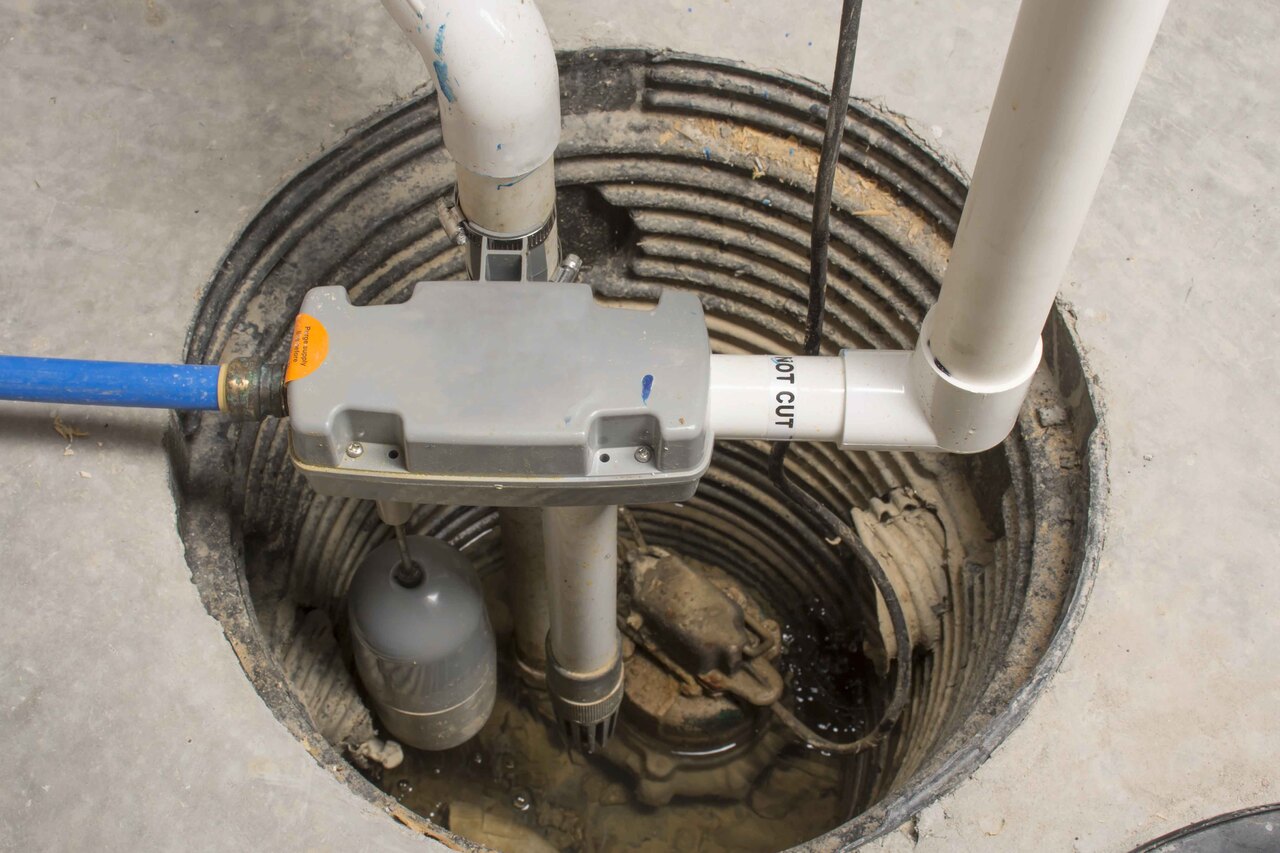
A sump pump is one of the most important items you can have in your basement. It helps to remove water that has accumulated in the lower part of your home, and it can also prevent flooding. If you live in an area that is prone to flooding, or if you have a lot of rainwater runoff, then a sump pump is a must-have item. There are two main types of sump pumps: submersible and pedestal. Submersible pumps are installed below the water level, while pedestal pumps are installed above the water level.
A generator
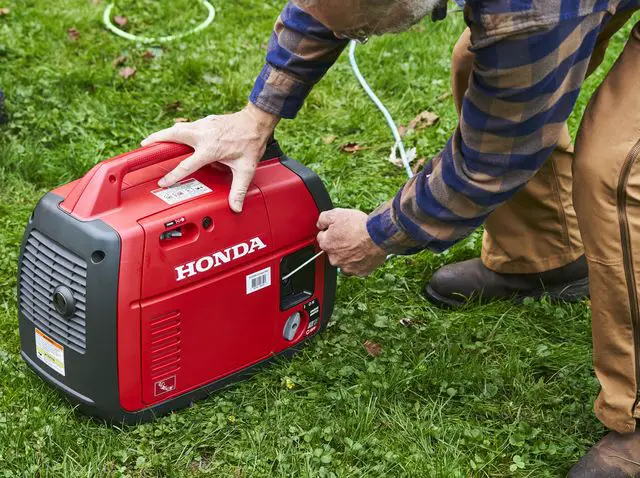
1. A generator is an excellent way to ensure that you have a backup power source in case of an emergency.
2. Generators come in a variety of sizes, so it’s important to choose one that is appropriate for your needs.
3. Be sure to read the instructions carefully before using your generator, and always exercise caution when operating it.
4. If you don’t feel comfortable using a generator, consider hiring a professional to help you get started.
Final Thoughts
No matter what your basement looks like, there are a few items that you should always make sure to have on hand. From tools to help with repairs to emergency supplies in case of a power outage, having these 10 items in your basement will help you be prepared for anything. So next time you’re down in the basement, take inventory and make sure you have everything you need.



